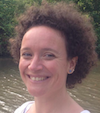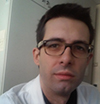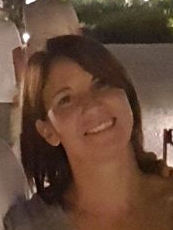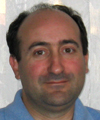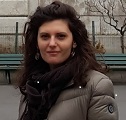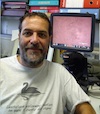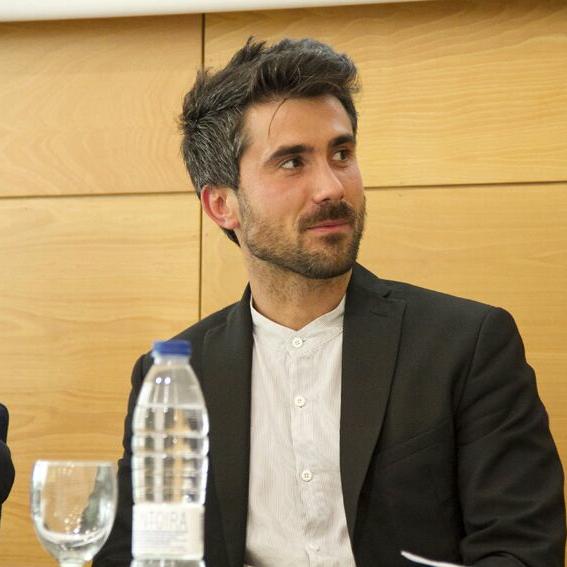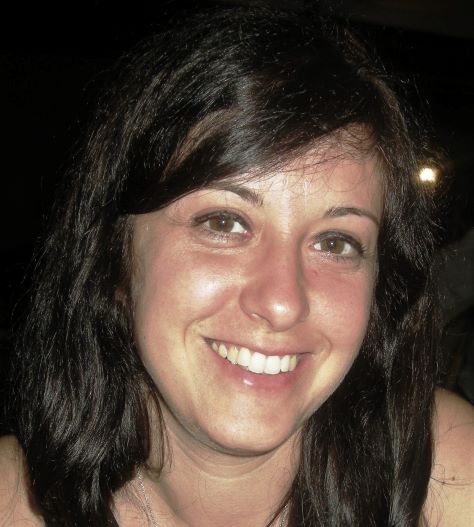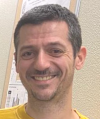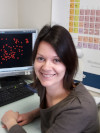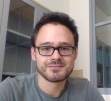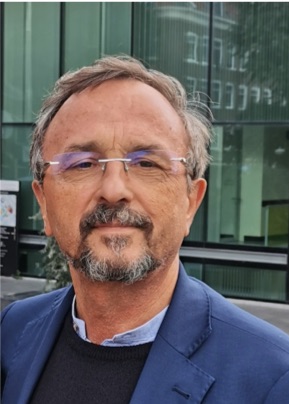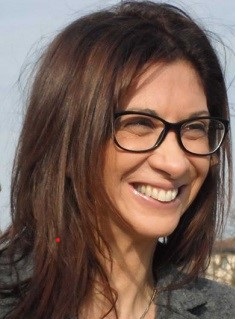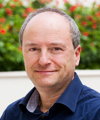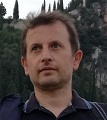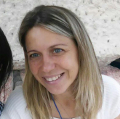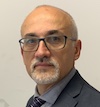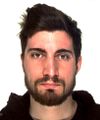Studying at the University of Verona
Here you can find information on the organisational aspects of the Programme, lecture timetables, learning activities and useful contact details for your time at the University, from enrolment to graduation.
Academic calendar
The academic calendar shows the deadlines and scheduled events that are relevant to students, teaching and technical-administrative staff of the University. Public holidays and University closures are also indicated. The academic year normally begins on 1 October each year and ends on 30 September of the following year.
Course calendar
The Academic Calendar sets out the degree programme lecture and exam timetables, as well as the relevant university closure dates..
| Period | From | To |
|---|---|---|
| I semestre | Oct 1, 2018 | Jan 31, 2019 |
| II semestre | Mar 4, 2019 | Jun 14, 2019 |
| Session | From | To |
|---|---|---|
| Sessione invernale d'esame | Feb 1, 2019 | Feb 28, 2019 |
| Sessione estiva d'esame | Jun 17, 2019 | Jul 31, 2019 |
| Sessione autunnale d'esame | Sep 2, 2019 | Sep 30, 2019 |
| Session | From | To |
|---|---|---|
| Sessione estiva | Jul 16, 2019 | Jul 16, 2019 |
| Sessione autunnale | Nov 19, 2019 | Nov 19, 2019 |
| Sessione invernale | Mar 11, 2020 | Mar 11, 2020 |
| Period | From | To |
|---|---|---|
| Sospensione attività didattica | Nov 2, 2018 | Nov 3, 2018 |
| Vacanze di Natale | Dec 24, 2018 | Jan 6, 2019 |
| Vacanze di Pasqua | Apr 19, 2019 | Apr 28, 2019 |
| Vacanze estive | Aug 5, 2019 | Aug 18, 2019 |
Exam calendar
Exam dates and rounds are managed by the relevant Science and Engineering Teaching and Student Services Unit.
To view all the exam sessions available, please use the Exam dashboard on ESSE3.
If you forgot your login details or have problems logging in, please contact the relevant IT HelpDesk, or check the login details recovery web page.
Should you have any doubts or questions, please check the Enrollment FAQs
Academic staff
 rossana.capuani@univr.it
rossana.capuani@univr.it
 vittoria.cozza@univr.it
vittoria.cozza@univr.it
 luca.pasetto@univr.it
luca.pasetto@univr.it
 claudio.tomazzoli@univr.it
claudio.tomazzoli@univr.it
 franco.zivcovich@univr.it
franco.zivcovich@univr.it
Study Plan
The Study Plan includes all modules, teaching and learning activities that each student will need to undertake during their time at the University.
Please select your Study Plan based on your enrollment year.
1° Year
| Modules | Credits | TAF | SSD |
|---|
2° Year activated in the A.Y. 2019/2020
| Modules | Credits | TAF | SSD |
|---|
3° Year activated in the A.Y. 2020/2021
| Modules | Credits | TAF | SSD |
|---|
Un insegnamento a scelta1 module to be chosen among the following| Modules | Credits | TAF | SSD |
|---|
| Modules | Credits | TAF | SSD |
|---|
| Modules | Credits | TAF | SSD |
|---|
Un insegnamento a scelta1 module to be chosen among the followingLegend | Type of training activity (TTA)
TAF (Type of Educational Activity) All courses and activities are classified into different types of educational activities, indicated by a letter.
Analytical Techniques for Clinical Chemistry (2020/2021)
Teaching code
4S003264
Credits
6
Language
Italian
Scientific Disciplinary Sector (SSD)
CHIM/01 - ANALYTICAL CHEMISTRY
The teaching is organized as follows:
teoria
laboratorio
Learning outcomes
Theory
The course aims to provide students with the basic principles for the interpretation of analytical data and the reliability of analytical measurements (errors, preanalytical and analytical variability, precision, accuracy, sensitivity and specificity, prediction).
The most important analytical techniques for clinical chemistry will be described (such as techniques for the enzymatic determination of analyte concentration, immunochemical techniques, radiochemical and electrochemical techniques, immunoelectrophoresis).
Upon completing the course, students will have the knowledge necessary to recognize the strengthens and weakness of the different techniques and their applicability to different biological samples.
Laboratory
The student will acquire laboratory skills through a series of exercises concerning the determination of enzymes and analytes in biological matrices such as serum and plasma.
Program
MM: theory
• Collection of biological materials.
• The components of the variability in clinical chemistry (pre-analytical, biological, analytical). Experimental errors.
• Precision, accuracy, sensitivity and specificity of analytical measurements.
• Predictability of an analytical test. Quality control of the results.
• Comparison of analytical methods (regression analysis, Bland-Altman plot).
• Techniques for the detection of enzyme activity. Enzymatic determination of analyte concentration.
• Immunochemical techniques. Heterogeneous (competitive / non-competitive), homogeneous (competitive / non-competitive).
• Immunoenzymatic assays (Enzyme Linked Immunosorbent Assay; Microparticle enzyme immunoassay; Enzyme Multiplied immunoassay; Cloned enzyme donor immunoassay).
• Immunofluorescent techniques (Immunofluorescence Assay, Fluorescence Polarization immunoassay; Dissociation-Enhanced Lanthanide Fluorescent immunoassay; IF Microscopy and FACS).
• Chemiluminescence (Lumino immunoassay; Chemiluminescent Magnetic immunoassay; ElectroChemiLuminiscence; Bioluminescence enzyme immunoassay; Immunoassays with avidin-biotin)
• Radioimmunoassay (Radio immunoassay; Immuno Radiometric Assay).
• Agglutination test. Complement fixation test.
• Immunodiffusion; Immunoelectrophoresis; Counter current electrophoresis.
Immunonephelometry and Immunoturbidimetry.
• Electrolytes and electrochemical techniques in diagnostics.
• Biosensors
MM: laboratory
The student will participate to practical experiences concerning the typical analyses of a clinical chemistry laboratory, for example glucose determination by GOD-POD enzymatic colorimetric method; determination of alkaline phosphatase by kinetic method DEA optimized; alanine aminotransferase determination by kinetic UV method IFCC optimized. The laboratory also include practical experiences concerning assays to determine transferrin, complement factor C3c and fibrinogen by radial immunodiffusion as well as analysis of immunodetection by enhanced chemiluminescence.
Bibliography
| Activity | Author | Title | Publishing house | Year | ISBN | Notes |
|---|---|---|---|---|---|---|
| teoria | Ciaccio M, Lippi G | Biochimica Clinica e Medicina di Laboratorio (Edizione 2017) | EdiSES Edizioni Scientifiche ed Universitarie | 2017 | 9788879599580 | |
| teoria | Italo Antonozzi e Elio Gulletta | Medicina di Laboratorio (Edizione 3) | Piccin | 2019 | 978-88-299-2973-3 | |
| teoria | Spandrio L. | Principi e tecniche di chimica clinica. | Piccin | 2001 | 978-88-299-1569-9 | |
| laboratorio | Ciaccio M, Lippi G | Biochimica Clinica e Medicina di Laboratorio (Edizione 2017) | EdiSES Edizioni Scientifiche ed Universitarie | 2017 | 9788879599580 | |
| laboratorio | Josip Lovric | Introducing Proteomics: From concepts to sample separation, mass spectrometry and data analysis | Wiley | 2011 | 978-0-470-03524-5 | |
| laboratorio | Italo Antonozzi e Elio Gulletta | Medicina di Laboratorio (Edizione 3) | Piccin | 2019 | 978-88-299-2973-3 | |
| laboratorio | Spandrio L. | Principi e tecniche di chimica clinica. | Piccin | 2001 | 978-88-299-1569-9 |
Examination Methods
MM: theory
REQUIREMENT OF ACCESS TO EXAM:
To present themselves to the final written exam, the students must have been done the exposition in classroom of a scientific paper related to one of the techniques described during the course.
The NON-attending students wishing to take the exam must contact the coordinator of the course within the first two weeks to be included in the schedule of presentations and to have the scientific paper assigned. It is suggested to attend at least 30% of lessons.
It is mandatory the participation to the entire lesson in which the student exposes the article. It is mandatory (except for non-attending students) also the participation to the lessons in which the colleagues discuss their paper.
FEATURES OF THE EXAM
The aim of the exam is to verifying the level of achievement of the learning outcomes which are above indicated.
The exam consists of a written test that covers all the topics of the program. The students will have to answer to different open questions, demonstrating that they understand, and are able to use, the basic concepts of each topic.
MM: laboratory
Understanding of practical experiences will be verified through questions included in the test of the theoretical course.
The final vote is obtained from the following formula: Vote = Vote_exam + max of 2 points per paper presentation.
Type D and Type F activities
Modules not yet included
Career prospects
Module/Programme news
News for students
There you will find information, resources and services useful during your time at the University (Student’s exam record, your study plan on ESSE3, Distance Learning courses, university email account, office forms, administrative procedures, etc.). You can log into MyUnivr with your GIA login details: only in this way will you be able to receive notification of all the notices from your teachers and your secretariat via email and soon also via the Univr app.
Graduation
List of theses and work experience proposals
| theses proposals | Research area |
|---|---|
| Studio delle proprietà di luminescenza di lantanidi in matrici proteiche | Synthetic Chemistry and Materials: Materials synthesis, structure-properties relations, functional and advanced materials, molecular architecture, organic chemistry - Colloid chemistry |
| Multifunctional organic-inorganic hybrid nanomaterials for applications in Biotechnology and Green Chemistry | Synthetic Chemistry and Materials: Materials synthesis, structure-properties relations, functional and advanced materials, molecular architecture, organic chemistry - New materials: oxides, alloys, composite, organic-inorganic hybrid, nanoparticles |
| Dinamiche della metilazione del DNA e loro contributo durante il processo di maturazione della bacca di vite. | Various topics |
| Risposte trascrittomiche a sollecitazioni ambientali in vite | Various topics |
| Studio delle basi genomico-funzionali del processo di embriogenesi somatica in vite | Various topics |
Attendance
As stated in the Teaching Regulations for the A.Y. 2022/2023, attendance is not mandatory. However, professors may require students to attend lectures for a minimum of hours in order to be able to take the module exam, in which case the methods that will be used to check attendance will be explained at the beginning of the module.

 +39 045 802 7949
+39 045 802 7949
